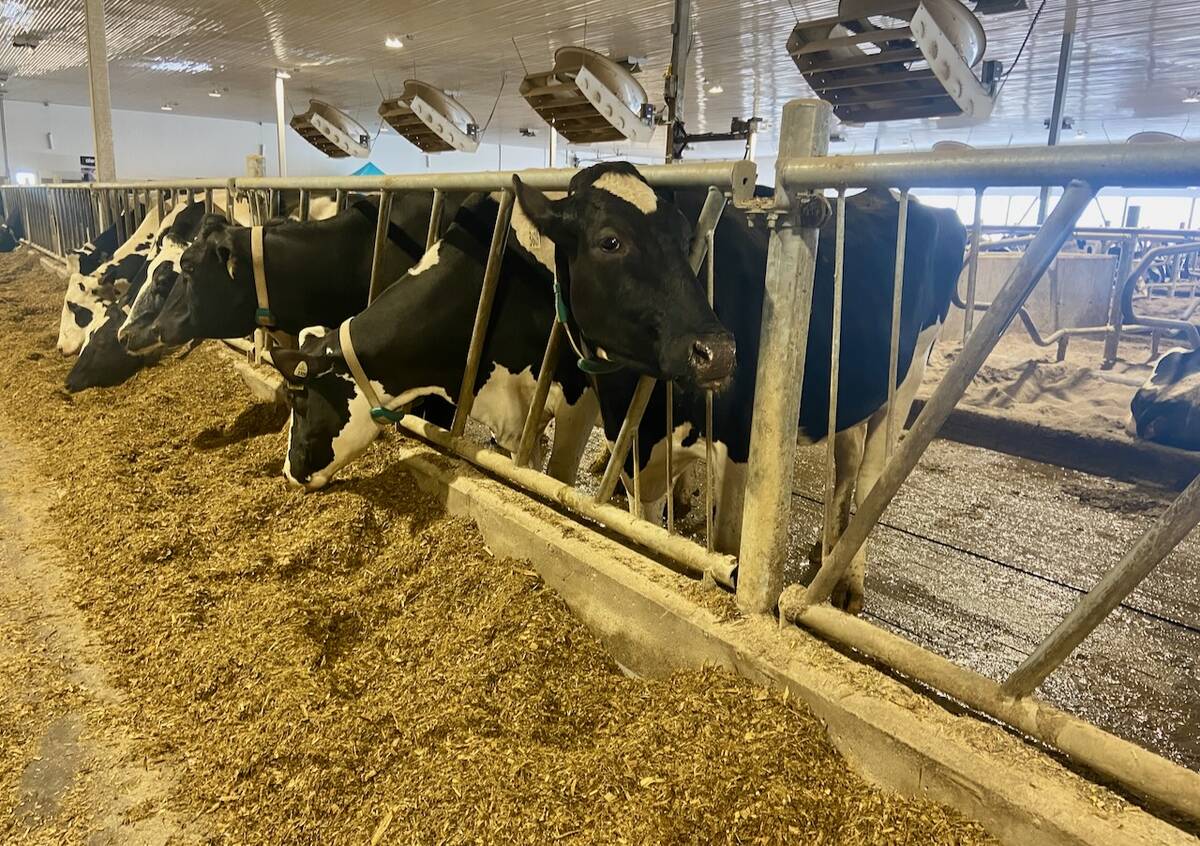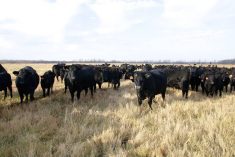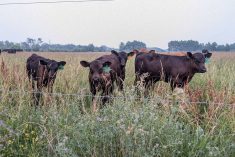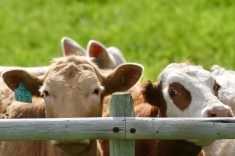RED DEER – New research may make it easier to diagnose tapeworms in horses.
Doug Colwell of Agriculture Canada told the annual Alberta horse breeders conference in Red Deer Jan. 12 that researchers from the University of Lethbridge and Agriculture Canada are checking for remnants of a specific tapeworm protein left behind in horse manure.
The test appears to be sensitive enough to detect the presence of as few as five worms in the horse gut. Tapeworms appear to cause colic in horses when there are 20 or more.
Read Also

U.S. farm group supports supply management
U.S. grassroots farm advocacy group pushing new agriculture legislation that would move towards supply management like Canada has for dairy industry
“We’re at the right point in diagnosing horses that might have problems with the presence of tapeworms,” he said.
Recent studies have found that eight to 35 percent of pastured horses in Alberta are affected, especially those pastured during a rainy season or living in moister areas.
Tapeworm eggs are found in brown mites, which thrive during wet periods. The horses pick up the mites when grazing and become infected.
The western foothills in Alberta have the most mites. Central Alberta has an intermediate level and few are found in eastern Alberta where it is drier.
There are three ways to diagnose tapeworms:
- The best but least reasonable approach is to kill the horse and examine the gut.
- Fecal samples can be collected, but accurate results are low when they are examined for worms or eggs.
- Blood tests for antibodies are available but there are risks of false positive results where antibodies are produced but no worms are left.
The worm lives in the gut of the horse where it feeds and produces eggs daily that are passed through the feces to continue the cycle of infestation.















